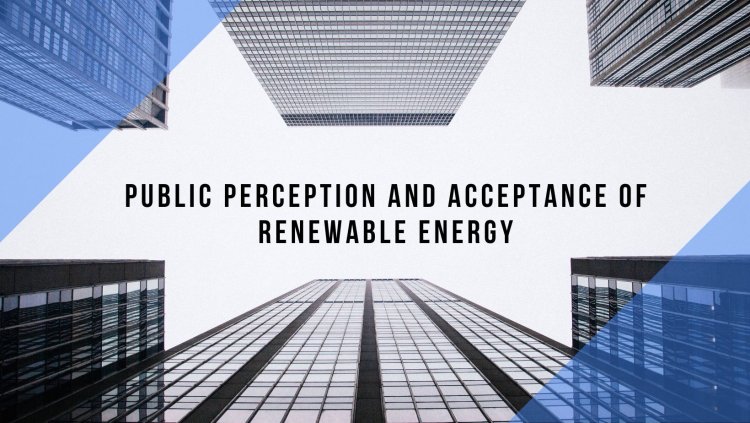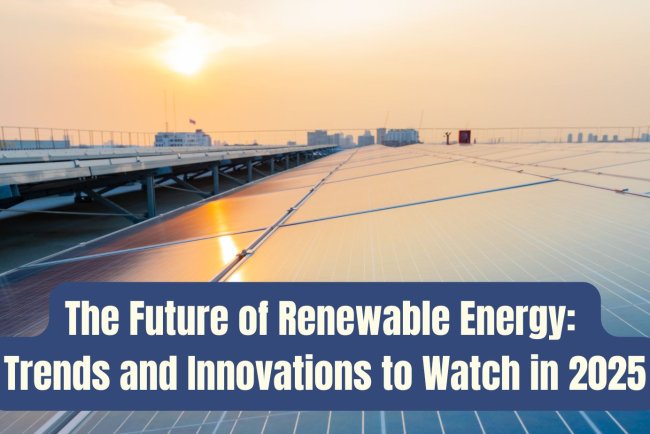Public Perception and Acceptance of Renewable Energy
Discover how public perception and acceptance shape the success of renewable energy initiatives, focusing on solar energy and the energy transition in India. Learn about the role of renewable energy companies and community engagement in driving sustainable energy solutions.

The transition to renewable energy is not only a technological and economic challenge but also a social one. Public perception and acceptance of renewable energy play a crucial role in the successful implementation and scaling of sustainable energy solutions. Understanding these dynamics can help drive the energy transition, particularly in rapidly developing regions such as India.
The Growing Popularity of Solar Energy
Solar energy has emerged as one of the most popular and widely accepted forms of renewable energy. The sight of solar panels on rooftops and vast solar farms is becoming increasingly common. This growing acceptance is driven by several factors, including decreasing costs, government incentives, and greater environmental awareness.
In India, solar power projects have gained significant traction. The country’s ambitious goal to reach 175 GW of renewable energy capacity by 2022 included a substantial focus on solar energy. Solar parks and rooftop solar installations have proliferated, reflecting strong public and governmental support.
Public Perception and Challenges
While there is broad support for renewable energy, certain challenges and misconceptions persist. Public acceptance can be influenced by factors such as:
- Aesthetics: The visual impact of large-scale solar and wind installations can be a concern for some communities.
- Environmental Concerns: There is sometimes a lack of awareness about the overall environmental benefits of renewable energy compared to fossil fuels.
- Economic Impact: Concerns about the costs of transitioning to renewable energy, including the potential for higher energy bills and job losses in traditional energy sectors.
India’s energy transition is a remarkable case study in public perception and acceptance of renewable energy. The government has actively promoted renewable energy through policies and initiatives. For instance, the establishment of the International Solar Alliance and subsidies for solar panel installations have boosted public confidence.
Moreover, renewable energy companies in India have played a pivotal role. Companies like Tata Power Solar and Adani Green Energy are not only driving the industry forward but also engaging with communities to build trust and acceptance.
The Role of Renewable Energy Companies
Renewable energy companies and sustainable energy solutions companies have a significant role in shaping public perception. Transparent communication about the benefits and potential impacts of renewable projects is essential. Community engagement initiatives, educational programs, and partnerships with local stakeholders can enhance acceptance and support.
A successful example is the large-scale renewable energy projects undertaken by Tata Power Solar, which have incorporated community feedback and provided local benefits such as job creation and improved infrastructure.
Utility-Scale Renewable Energy Projects
Utility-scale renewable energy projects are critical for meeting large energy demands sustainably. These projects often face higher scrutiny due to their scale and impact. Effective project planning, environmental assessments, and community involvement are key to gaining public support.
In India, projects like the Bhadla Solar Park, one of the largest solar parks in the world, illustrate how public and private sectors can collaborate to achieve large-scale energy goals. The park has not only contributed significantly to India’s renewable energy capacity but also fostered local economic development.
Conclusion
Public perception and acceptance are vital for the success of renewable energy initiatives. Solar energy, as a key component of the renewable energy mix, has seen growing acceptance due to its environmental and economic benefits. The energy transition in India demonstrates how policy support, corporate responsibility, and community engagement can drive the adoption of renewable energy.
Renewable energy companies, both in India and globally, must continue to foster positive public perception through transparent practices, education, and community involvement. By addressing concerns and highlighting the long-term benefits, the transition to a sustainable energy future can be achieved more smoothly and effectively.
What's Your Reaction?

































